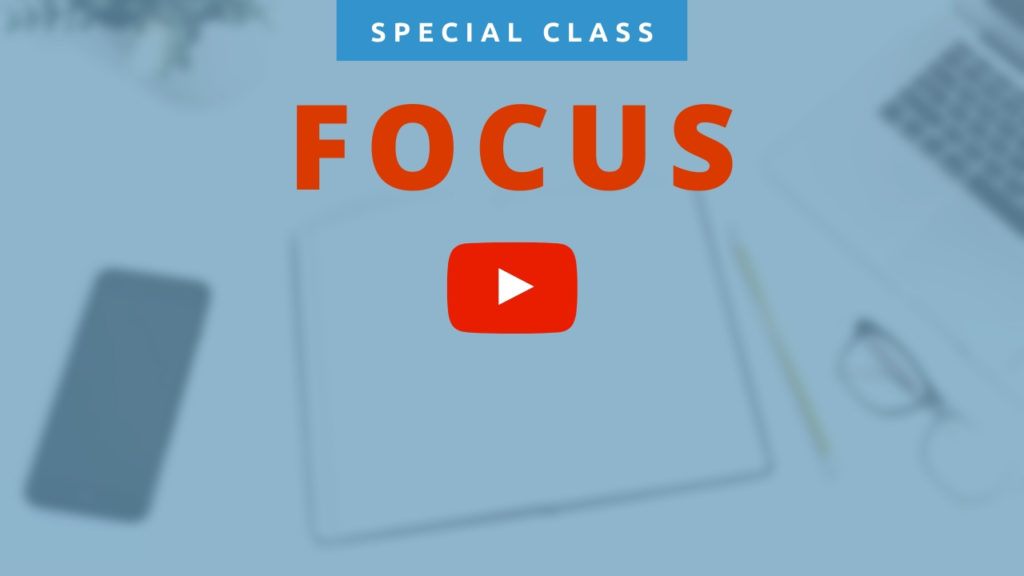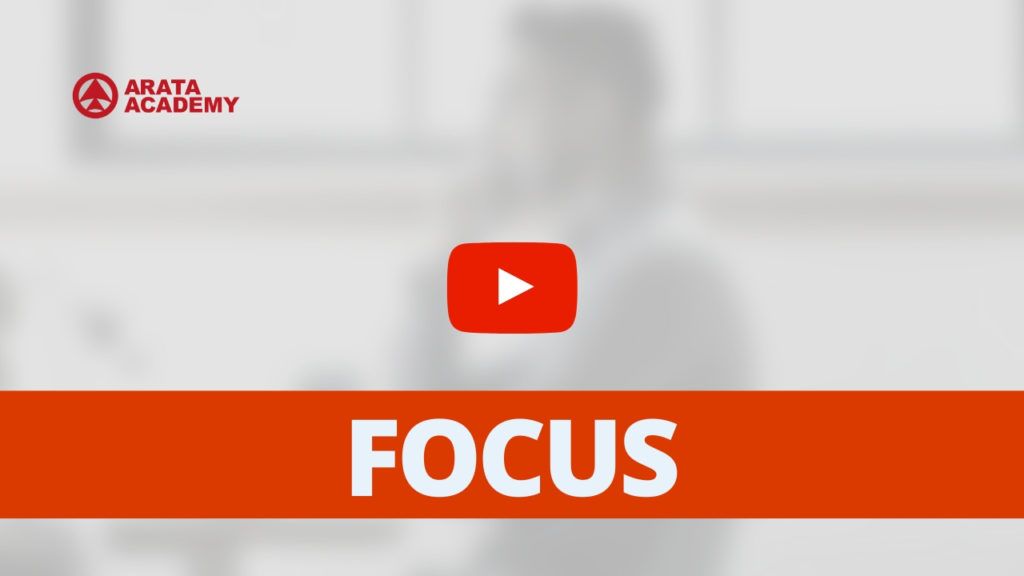Hello! Seiiti Arata. Do you know the Hulk? That green monster who crushes things in rage? When he calms down, he returns to his humanshape, also known as Dr. Bruce Banner, a very intelligent scientist but much weaker than before.
Well, what you may not know is that in 1886, as scientist demonstrated the relationship between our mental activity and our motor ability.
Using a dynamometer, a device that measures the force applied on it, the scientist did experiments showing that the amount of force a person applied was different if he or she performed an intellectual task at the same time.
And what was the difference? Those who did complicated calculations or read difficult texts while using the device recorded less physicalforce than those who were doing simpler arithmetic or reading.
Try depleting your mental resources.
In fact, you can try this experiment now: search on YouTube for a video tutorial on dancing or martial arts. Be sure to choose one that teaches styles and moves that you haven’t already mastered.
As you watch the video and copy the moves, try doing some simple mental activity, such as counting the number of consonants in the words parallelogram or unconstitutional.
What are we likely to see in this experiment? The ideais to demonstrate that we have different mental resources, and how we use them determines our efficiency.
Now let’s think of something a little more practical.Think about your work or study environment. How many things do you need to do at one time? How many things in your work routine are consuming your potential and harming the quality of your performance?
Just as in the earlier experiment, where people lost upto 50% of their physical strength while performing a mental activity at the same time, it is quite likely that you became less coordinated while counting consonants.
Here’s an obvious tip: if you try to study while you think of the notifications that are pinging on your social networks, or if you work and think about the emails you have to send today, your mental capacity will also decrease.
Here are two tips that will help you increase your performance.
1. Know your priorities.
One of the most important things you can do to boost your performance in daily life is to prioritize. Know the importance of each particular demand in relation to the others.
If you tend to juggle simultaneous tasks, learn to do one thing at a time. Choose what you will do first, and only after you finish that task should you go on to the next activity.
We must admit, however, that prioritizing things—ranking each one more or less important—can be tiresome! You need to analyse each activity, its degree of importance, and the consequences of doing it before or after other tasks on your to-do list. It may be important to communicate with the people around you so they understand your focus at that time. If you have difficulties prioritizing your activities, I recommend that you take our FOCUS course, which you can find here: https://arata.se/focuscourse
The FOCUS course is practical and objective. It goes straight to the point and doesn’t allow you to waste time procrastinating.Since it is only about two hours long, you can finish it today.
2. Switch on the autopilot.
The second tip I’m going to give you requires a bit of training on your part. You need to strengthen your skills until a certain activity becomes an automatic routine in your life.
Do you remember that I told you to look for a dance or martial art that you haven’t mastered? I suggested this because when you practice the same activity several times, as in the case of dance, for example,you begin to move at an unconscious level of competence.
That is, with practice, you can perform the moves skilfully without a great deal of cognitive effort.
A very clear example of this is when we learn to drive. In the early days, everything requires a lot of mental effort: you need to remember to put on your seat belt, adjust your mirrors, gently push the pedals, change gears at the right time, signal your turns, watch other vehicles around you—many things.
After a few years of practice, though, you’ re practically driving on autopilot, right? From time to time, and with some confidence,you can even have a conversation with the passenger next to you. That was impossible in the early days, remember?
Thinking about this nature of repetition, ask yourself: To what activities should I dedicate a deliberate practice to become better and better?
You can acquire an unconscious competence in these skills that will allow you to complete the tasks without too much effort, and allow you to do other activities at the same time without a significant yield drop. In this video, I talk more about deliberate practice: [arata.se/hello37]
Gradually, as you work and study, develop a critical eye with which to examine your performance. Are you achieving the expected results? Have you made many mistakes? Are you taking too much time in this activity? These questions can help you realize the quality of what you are doing. It may be that you need to learn to prioritize your tasks better, you may need to practice this skill a little more, or, most likely, you need to organize yourself better. I wrote a mini-book on this topic, and you can download it for free now. Just go to the link https://arata.se/focusandorganization

